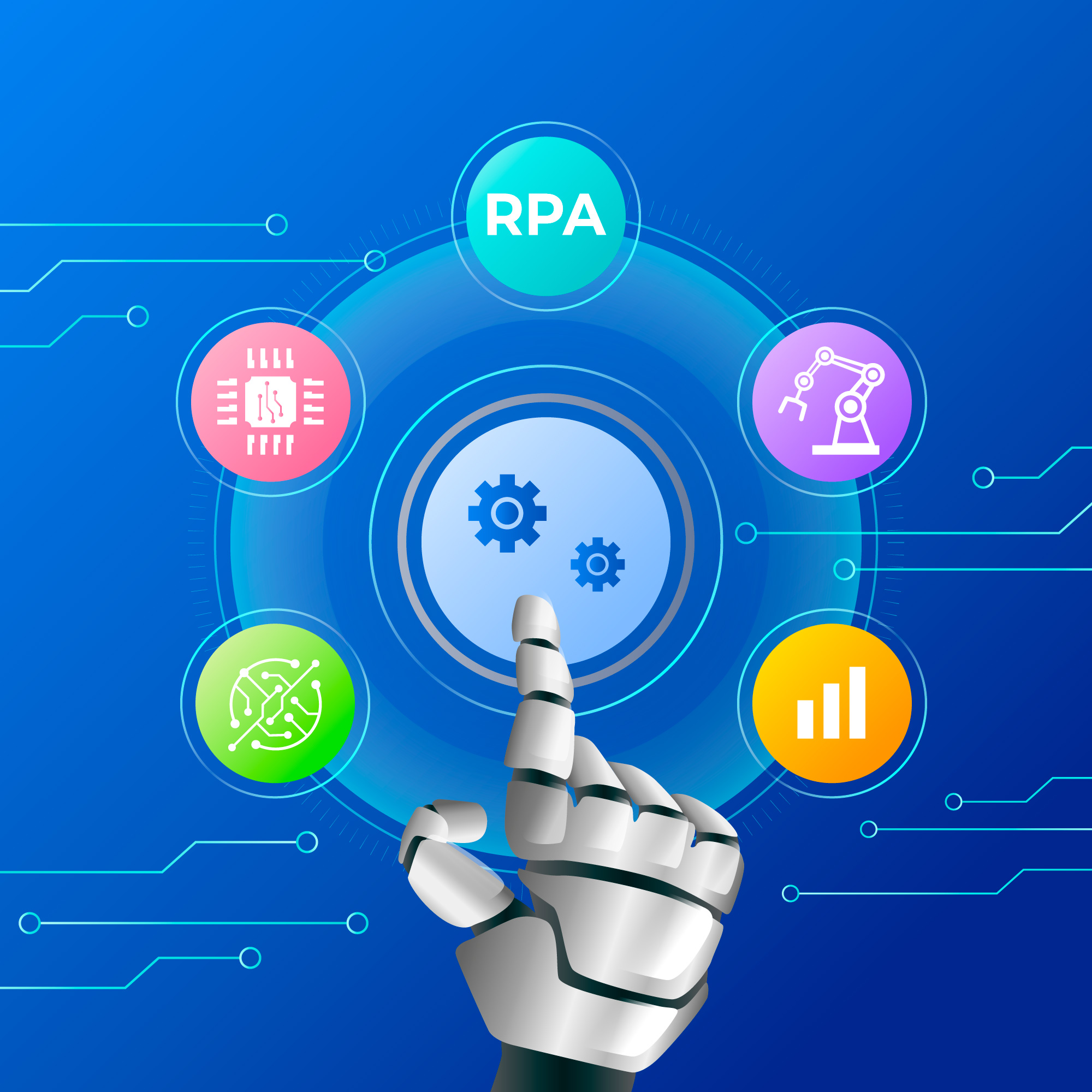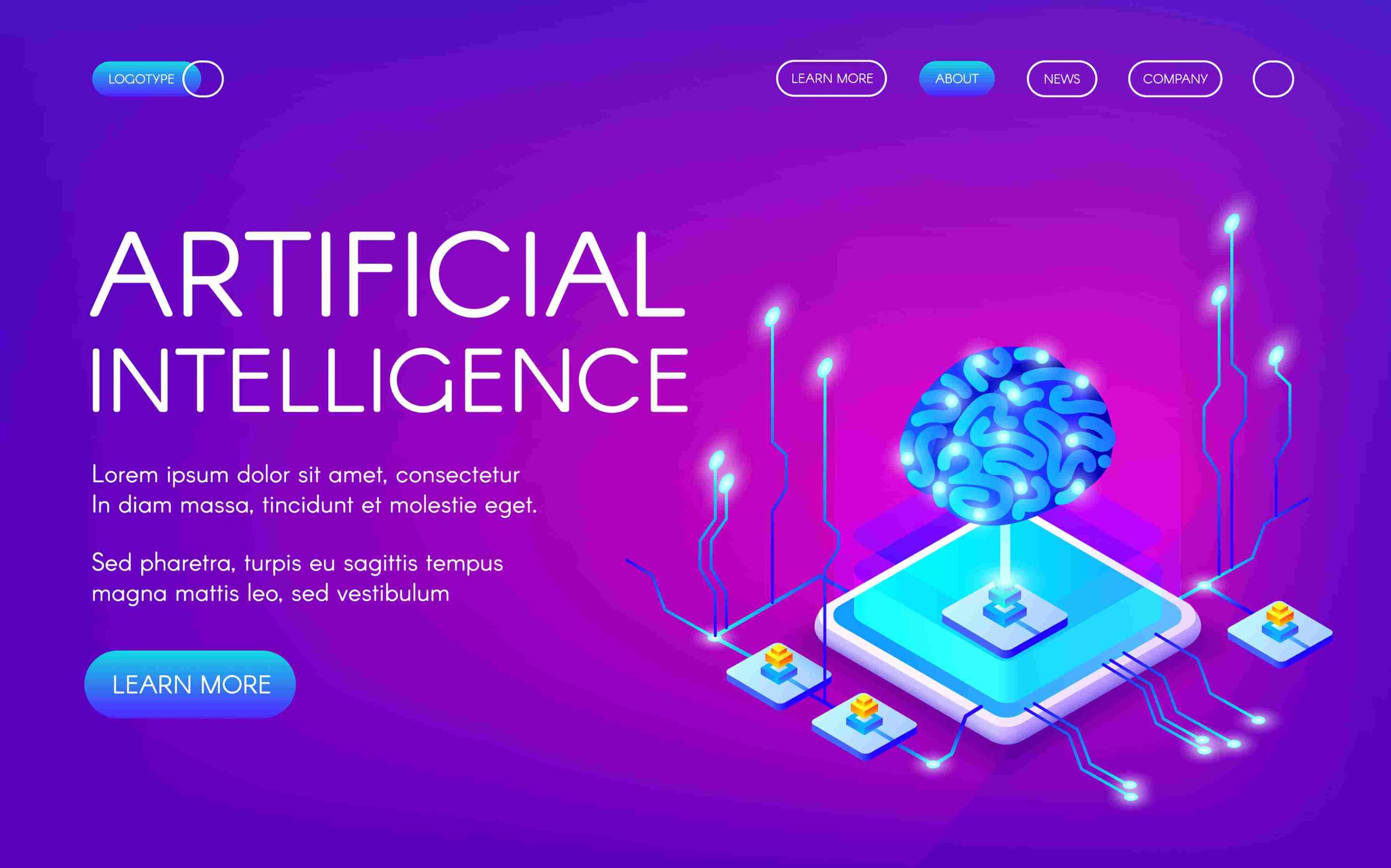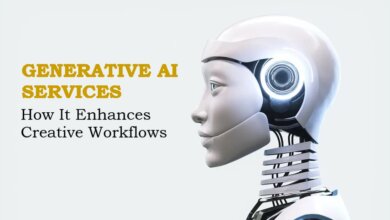How AI Development Companies Are Transforming Data Governance Strategies in 2025

Introduction
As businesses grapple with growing volumes of sensitive data, effective governance has become a boardroom priority. From complying with global data protection regulations to ensuring the integrity of internal data systems, enterprises are under increasing pressure to manage their data assets securely and efficiently. Traditional governance approaches are no longer enough to keep pace with today’s scale, speed, and complexity.
In response, organizations are embracing artificial intelligence (AI) to automate, streamline, and scale their governance strategies. But implementing AI for governance isn’t just about integrating a few tools—it requires deep technical expertise, tailored workflows, and full-stack deployment capabilities. That’s where AI development companies step in. These specialized partners offer end-to-end solutions for deploying AI in complex data ecosystems, making them vital players in the evolution of AI in data governance.
The Growing Importance of AI in Data Governance
Data Overload in the Modern Enterprise
Modern organizations generate massive amounts of data from digital transactions, cloud applications, connected devices, and user interactions. Managing this data—knowing where it’s stored, who has access, and how it’s used—is a massive undertaking. Manual cataloging and rule enforcement are no longer scalable.
Compliance Pressure Is Rising
Regulatory bodies worldwide are tightening data privacy laws. From GDPR and HIPAA to India’s DPDP Act and emerging AI compliance frameworks, companies must be able to demonstrate that they know what data they hold, how it flows through their systems, and how it’s protected.
Why AI Is the Solution
AI enables businesses to tackle governance challenges at scale by:
-
Automatically classifying data assets
-
Detecting policy violations in real-time
-
Mapping data lineage across cloud and on-prem systems
-
Predicting governance risks before they escalate
This is where purpose-built AI governance systems come into play—and where the right development expertise makes all the difference.
Mid-Content Integration: The Role of AI Development Companies in Driving Governance Success
By the time most enterprises begin operationalizing AI for governance, they realize the challenge goes far beyond tool selection. Implementing AI in data governance requires robust data pipelines, precise model training, API integrations, cloud infrastructure, and user-friendly dashboards—all while maintaining strict compliance standards.
This is why many organizations turn to a specialized AI development company. These firms offer full-stack services, including:
-
Data pipeline architecture to ingest and process large datasets
-
Machine learning model development for classification and anomaly detection
-
Integration with existing data catalogs, compliance tools, and cloud platforms
-
MLOps capabilities for ongoing model monitoring and updates
In essence, an AI development company bridges the gap between vision and execution, helping enterprises unlock real governance outcomes rather than just deploying technology.
Core Capabilities AI Firms Bring to Governance Initiatives
1. Intelligent Data Discovery & Classification
AI algorithms can scan enterprise systems, identify sensitive fields like PII or financial data, and tag them automatically—eliminating manual effort and reducing human error.
2. Automated Policy Enforcement
ML models can flag anomalies in access patterns, detect data misuse, and trigger automated alerts, helping teams stay compliant without constant oversight.
3. Smart Lineage & Audit Trails
Graph-based AI systems track data movement from source to output, generating audit-ready lineage reports in minutes instead of days.
4. Integration with Cloud & On-Prem Systems
AI development companies design middleware and APIs to connect governance models across hybrid cloud environments—whether it’s AWS, Azure, GCP, or legacy systems.
5. Natural Language Interfaces
Using conversational AI, data stewards and compliance officers can ask intuitive questions like “Show me all EU customer data with open access” and get actionable answers.
Business Benefits of AI-Driven Governance
When executed well, AI-powered governance delivers measurable outcomes across the enterprise:
| Business Challenge | AI-Powered Governance Solution | Benefit |
|---|---|---|
| Inconsistent data labeling | Automated classification models | 80% faster metadata tagging |
| Slow compliance reporting | AI-generated audit logs | Reduced audit prep time |
| Risk of data breaches | Real-time anomaly detection | Faster threat mitigation |
| Siloed data teams | Unified metadata view | Improved collaboration and transparency |
How to Choose the Right AI Development Partner
Not all development firms have the expertise to implement enterprise-grade governance solutions. Here’s what to look for in a partner:
Proven Industry Experience
Firms that have worked with regulated industries like finance, healthcare, or government are more likely to understand complex compliance requirements.
Full-Stack Development Skills
From data ingestion to model deployment and post-launch support, the ideal partner should offer end-to-end AI services.
Emphasis on Explainability
Governance solutions must be auditable. Look for firms that build AI models with transparency and provide clear reasoning behind alerts and flags.
Integration Capabilities
Avoid partners who only work with proprietary tools. A good AI development company will tailor integrations to your existing tech stack.
Focus on MLOps
AI models evolve. Your partner should offer robust MLOps for model monitoring, retraining, and versioning.
Future Trends: What’s Next for AI in Data Governance?
As AI continues to mature, data governance will evolve from a reactive process to a proactive, intelligent system. Trends to watch include:
-
AI-powered data privacy engines that anonymize or mask data in real time
-
Synthetic data generation for safer analytics without compromising real user information
-
Cross-border compliance automation using AI to map and enforce region-specific data laws
-
Federated governance models where AI helps manage data distributed across business units or subsidiaries
Forward-thinking enterprises are already working with development partners to build scalable, future-proof governance systems in line with these trends.
Key Takeaways
-
AI is now essential for modern data governance—handling tasks like classification, lineage tracking, and compliance enforcement.
-
AI in data governance is most effective when paired with full-stack implementation from an experienced AI development company.
-
Benefits include reduced compliance risk, faster audit readiness, and greater operational efficiency.
-
The best development partners offer integration flexibility, transparency, and lifecycle management.
-
As data grows and regulations tighten, AI will remain a foundational layer of scalable, secure governance frameworks.
Conclusion
AI is not a silver bullet—but when applied strategically, it transforms how organizations handle data governance. As data ecosystems become more complex and compliance risks increase, the role of AI development companies becomes even more critical. Their expertise enables businesses to deploy smart, scalable, and resilient governance frameworks—turning AI from a buzzword into a business advantage.
If your organization is looking to modernize its data governance approach with AI, now is the time to explore a full-stack partnership that can make it happen—securely, efficiently, and at scale.






One Comment